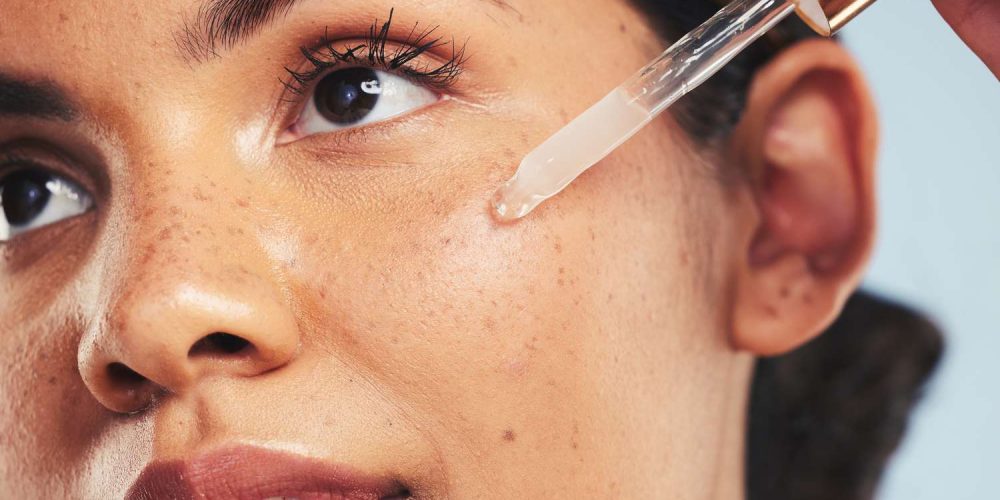Retinol is a derivative of vitamin A, one of the most widely used and researched ingredients in skincare. It belongs to the class of compounds known as retinoids and is known for its effectiveness in addressing a range of skin concerns, including wrinkles, fine lines, uneven skin tone, and acne.
How Retinol Works
Retinol works by increasing the rate of cell turnover and promoting collagen production in the skin. Here’s how it achieves these effects:
- Cellular Turnover: Retinol speeds up the rate at which skin cells regenerate. By encouraging older, damaged cells to shed more quickly, retinol helps reveal fresher, healthier skin underneath. This can lead to smoother texture and improved skin tone.
- Collagen Stimulation: Retinol has been shown to stimulate the production of collagen, a protein that gives skin its firmness and elasticity. As collagen levels increase, fine lines and wrinkles may appear reduced, resulting in a more youthful complexion.
- Anti-Acne Effects: Retinol can also help prevent and treat acne by unclogging pores and reducing oil production. It achieves this by promoting exfoliation, which prevents dead skin cells from accumulating and causing blockages in the pores.
- Reduction in Hyperpigmentation: By promoting even skin cell turnover, retinol can help reduce the appearance of hyperpigmentation, such as dark spots or melasma, leading to a more uniform complexion.
Using Retinol
While retinol offers numerous benefits, it’s important to use it properly to avoid irritation. Here are some guidelines:
- Start Slowly: Because retinol can cause irritation and dryness, especially in those new to its use, start with a lower concentration and gradually increase as your skin builds tolerance.
- Use at Night: Retinol can make the skin more sensitive to sunlight, so it’s typically recommended for nighttime use. Always apply a broad-spectrum sunscreen during the day to protect against UV damage.
- Moisturize and Hydrate: Retinol can dry out the skin, so pairing it with a good moisturizer can help maintain hydration and minimize irritation.
- Be Consistent: Regular use of retinol, over time, leads to the best results. However, it’s normal to experience some initial irritation or peeling as your skin adjusts.
- Consult with a Dermatologist: If you have sensitive skin or are prone to irritation, it’s best to consult with a dermatologist before starting a retinol regimen. They can recommend the appropriate concentration and products suited to your skin type.
In summary, retinol is a versatile and powerful skincare ingredient that can offer significant benefits when used correctly. By promoting cellular turnover, stimulating collagen production, and addressing a range of skin concerns, retinol can help achieve a smoother, clearer, and more youthful complexion.







